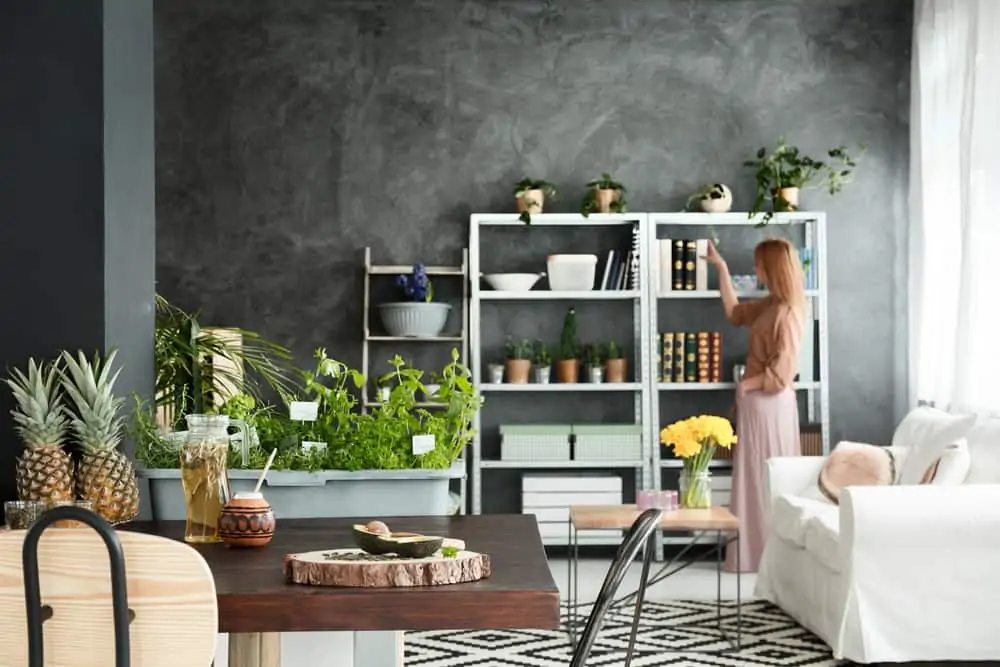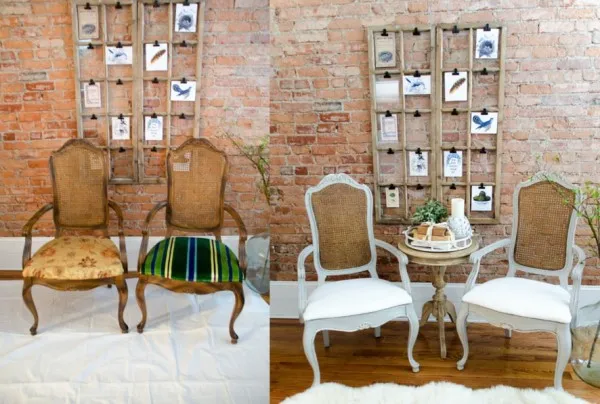How to Make Your Home Vegan-Friendly

A vegan-friendly home excludes all products and materials that contain animal products. This includes furniture, blankets and rugs made of wool, fur, silk and other animals.
Many people who follow a plant-based diet also describe themselves as “plant-based.” Some adopt this dietary approach for health reasons, while others do it for environmental or ethical reasons.
1. Avoiding Animal Products in Your Food
The easiest way to avoid animal products is to stick with a plant-based diet. That includes fruits, veggies, whole grains and pseudograins like buckwheat, amaranth and quinoa. These foods provide your body with iron, vitamin A and C, calcium, phosphorous, folate, potassium and vitamins B6 and E. Plus, a vegan diet contains less saturated fat and more dietary fiber.
However, there are hidden animal ingredients in many foods. Some types of orange juice contain gelatin made from fish, and some brands of jelly use lard or tallow (animal fats). Also, red dyes often are made with cochineal scale insects and carmine (crushed up beetles). To find out if something is vegan, check the label for these additives.
2. Avoiding Animal Products in Your Cosmetics
Although the terms vegan and plant-based can be used interchangeably, they are not the same thing. Plant-based refers to eating a whole foods, locally sourced diet that avoids meat, fish and dairy. It’s a healthy eating philosophy that encourages moderation of all food groups and supports organic, sustainable agriculture.
In contrast, vegan is a more restrictive lifestyle that extends beyond nutrition. A vegan doesn’t just avoid animal products in their food; they also refuse to purchase clothing, shoes and homewares that are derived from wool, cashmere, silk or leather. They may even boycott institutions and activities that exploit animals like circuses, zoos and dog breeding. Choosing a plant-based diet is a great way to reduce your environmental footprint, but avoiding all products derived from animal products is the ultimate expression of your commitment to a cruelty-free life.
3. Avoiding Animal Products in Your Cleaning Products
It’s a good idea to swap out your cleaning products for cruelty-free options that are free from harsh chemicals and don’t contain animal ingredients. Many of these brands also take care to keep the environment in mind, which is always a bonus.
Thankfully, there are plenty of vegan cleaning brands to choose from. For example, Bio D is an Allergy UK certified brand that uses 100% natural and plant-derived ingredients. Their products are also hypoallergenic and fragrance-free, which makes them suitable for those with sensitive skin.
Another great option is Ecover, which offers a wide range of natural and eco-friendly household cleaners. Their products are Leaping Bunny certified and are made without phosphates, SLS, SLES, SCA, DEA, TEA, formaldehyde, dyes, perfumes, or parabens.
4. Avoiding Animal Products in Your Furniture
While it’s easy to confuse vegan and plant-based, the former generally focuses on diet and excludes not only meat but also fabrics made with wool, silk or fur; bodycare products, homewares or cosmetics that have been tested on animals; and supports institutions or activities that exploit other sentient beings (think circuses, zoos, dog breeding). On the other hand, the latter tends to focus on health and are inspired by research on the benefits of whole-food, plant-based eating.
Studio Hus interior designer Tatum Kendrick notes that many of her Hollywood clientele are choosing to make their homes vegan because they’re concerned about animal welfare and the environment. She’s seeing the trend continue with newcomers who haven’t been a vegan or vegetarian before but are now embracing a whole-food, plant-based lifestyle.
5. Avoiding Animal Products in Your Home Decor
Whether you’re an ethical vegan or just curious about living a plant-based lifestyle, it can be difficult to avoid those pesky animal byproducts that lurk in so many of our favorite products. Fortunately, avoiding these products doesn’t have to be hard or expensive.
All you need to do is pay attention and make a few small changes to your home over time. For example, you can replace wool rugs with a cotton or bamboo option and choose linen pillows and mattresses that use natural fillings like kapok, soy, or buckwheat rather than foam or duck down.
Even a few simple changes can make your home much more animal-friendly. After all, raising animals for food, clothing, and other products is one of the world’s most wasteful, polluting industries and a major cause of climate change.







